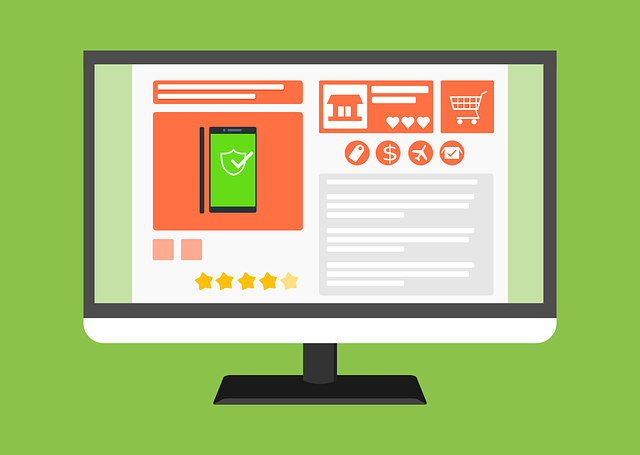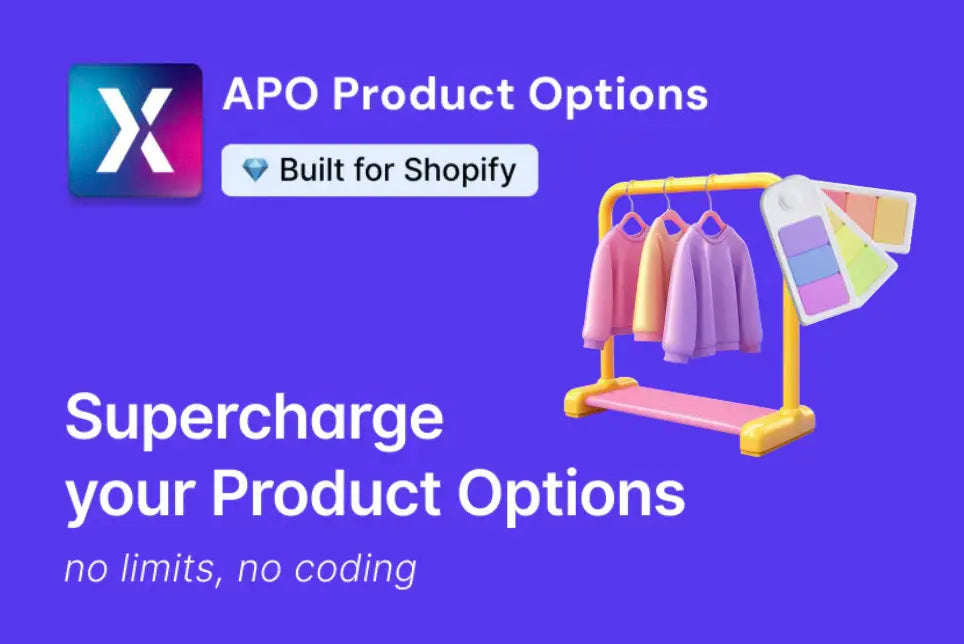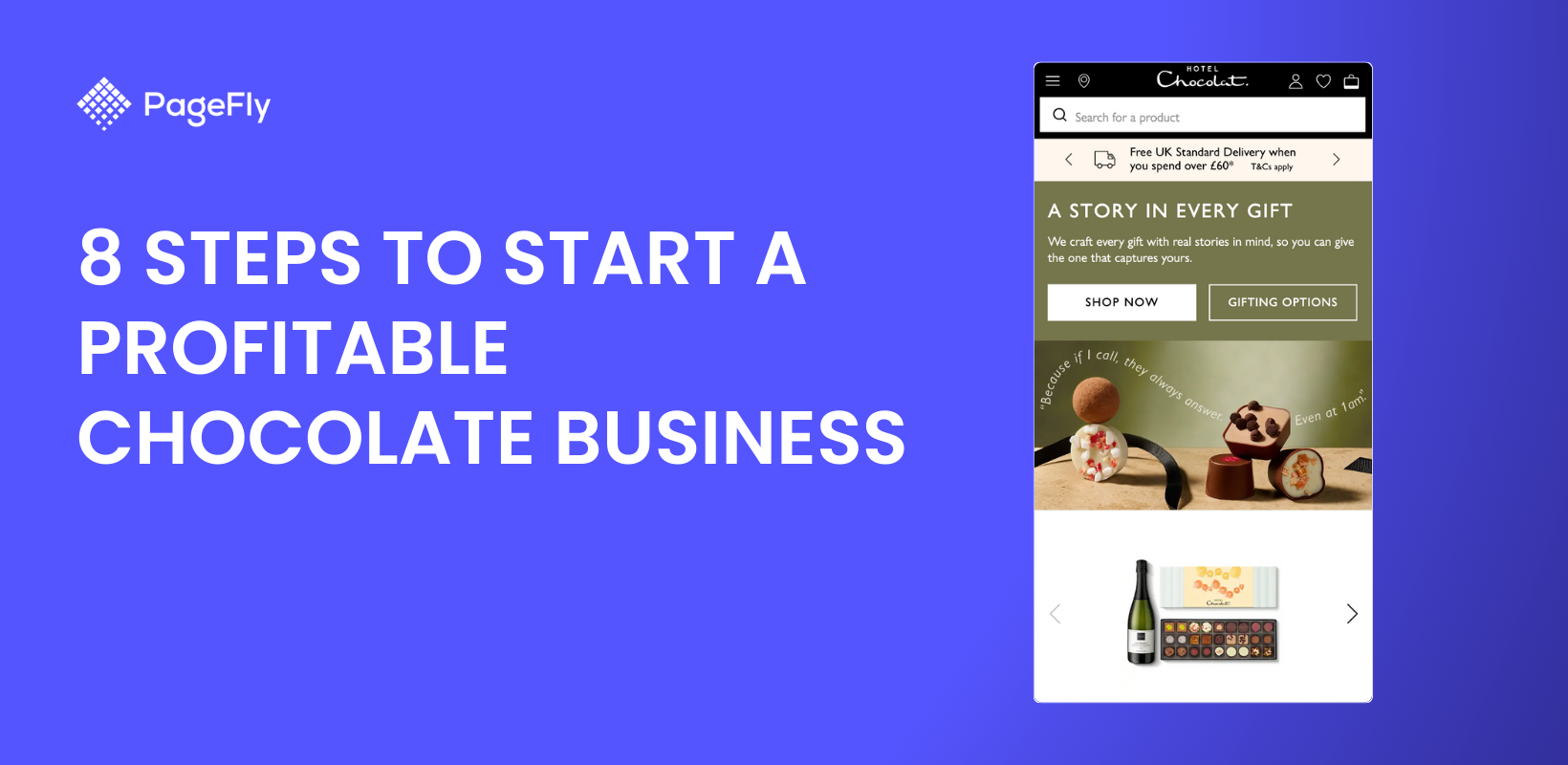Custom ecommerce development services for any kind of business are widely available online — small or mid-sized enterprises, B2B and even B2C marketplaces. But, have you thought about what it really means? as well as the benefits it has when integrated into your online business model?
The pandemic lockdown resulted in higher demand for online ecommerce stores. Social distancing restrictions prohibited shoppers from visiting brick-and-mortar shops, which resulted in them transitioning to online shopping. In a 2022 survey, 17% percent of digital shoppers reported spending money through online groceries and supermarkets. While, social on-app buying ranked third, followed by retailer websites.
High numbers of buyers online force a lot of businesses to start their ecommerce websites. So, in this blog, let us take a look at the benefits of custom ecommerce development to the growth of your online business.

Image Source: Pixabay
What Is Custom eCommerce Development?
Custom ecommerce development is a dynamic method of establishing an ecommerce website that suits the needs and preferences of your business or online shop. It is the combination of designing, establishing, stationing, and maintaining a website as it stands as your ecommerce solution in order to reach your target market.
Merchants prioritize custom ecommerce development as it builds a personalized online purchasing experience for potential customers. Business owners often choose to hire ecommerce developers in order for them to work on other features, such as special menus or unique application tools, which are not available on those usual pre-designed website templates.
You can simply incorporate custom product catalogs, fix payment gateways, and integrate marketing and analytics tools to successfully manage and be informed on the status or result of your business in the long run.
A custom ecommerce website also works as the mirror of your brand's mission, vision, goals, and values, so it should be designed to delicately flaunt your entire business idea.
Outline
How To Start Custom eCommerce Development
Kicking off a custom ecommerce development plan can be quite overwhelming, especially if you have no idea where and how to begin.
Custom ecommerce solutions vary depending on what your business needs in order to attain your set goals. Ecommerce websites are one of the solutions to consider when in the midst of trying to grow your store.
Note that there are a lot of popular ecommerce platforms in the market. They offer different features and online shopping tools as well as templates and e-commerce website builders. For example, there is Shopify, which is one of the most well-known software that can help you in website development. Shopify has been serving more than 175 countries around the globe.
The custom ecommerce website development process requires careful planning, below are some of the key points to accomplish your business initiatives.
Identify your business objectives

Image Source: Pixabay
According to the Census Bureau of the Department of Commerce, the United States estimated retail ecommerce sales for the first quarter of 2023 was $272.6 billion, which was a 3% increase compared to the last quarter of 2022. By 2026, retail e-commerce sales are expected to reach about 8.1 trillion dollars.
Ecommerce businesses are somehow worth pursuing if you are determined to do so. Be sure to tap yourself and assess all the things you will need to have in this venture.
An online store needs to have its brand objectives, including long-term and short-term goals. Your responsibilities must be considered at the very start of the development process. You can acquire these by also identifying or answering the below questions:
- Who is your target audience?
- What are their needs?
- What are the website features and navigations that your ecommerce store should present?
Aside from the above basic information, think about what attributes your ecommerce shop needs to approach things differently. Do you need certain website functions or pages to standout among other competitors? See for example Dribble’s website, which has motion graphic feature that provides new visuals to visitors.
Try to list your brand's desires such as a massive increase in sales, good product or service feedback, and enhanced customer retention to know what special function you need.
Decide the website structure and layout

Image Source: Pixabay
After identifying your objectives, thoroughly plan and decide on the website structure and its design. Target on establishing a website that aims to deliver a user-friendly experience, this will also allow you to further optimize your overall online store layout and content.
Better ready a sitemap structure as it serves as a planning tool that will allow you to see the entire idea in advance, test navigation and control menus, as well as carry out your optimization and keyword research. A sitemap structure will give you a chance to redesign the layouts before the actual coding happens.

Image Source: GitMind
Note what special functionality you need to add to your website. See this video on how ecommerce developers worked on adding custom ordering systems and a gift-sending service website option. Prepare this ahead as it will also give you an idea of how to properly position information on your website, and refine categories if necessary.
Run the website for testing

Image Source: Pixabay
Your custom ecommerce platform must function well just like how you imagined it. Use the best practices and quality standards in building your ecommerce store. It will be a wise choice to utilize version control or source control, which is a process of tracking and handling changes to software code. This will help you and your entire team to work faster in modifying all codes in the database.
If ever there is an error along the way, with the use of source control, software developers can easily compare each code version and spot the needed area to be fixed. This lessens the time needed in processing such mistakes as well as reduces the possibility of further damage.
Test the e-commerce website, slowly but surely, to ensure that it is free from any dysfunctionality while meeting all the requirements you set for your business.
Launch and promote

Image Source: Pixabay
When you are done testing your ecommerce website, it is time for launching. For the last time, before putting your store online, be sure that everything goes according to your plan.
Advertise and boost your store so it can reach your target audience. You can share it on social media, tell it to your friends or inquire about online ads to help you. Don't forget to assess your success using analytics tools.
The work doesn't stop there, you have to maintain the ecommerce website and optimize it as long as your business runs. Keep all your products updated with the latest software updates and website regulations. Work on your website performance by consistently monitoring it.
>>> You might want to read more: How to sell mattresses online
Benefits of Custom eCommerce Development
Ecommerce is not only about displaying and selling products and services on the internet, it is also about allowing your customers to see the visual design of your brand using features that can only be achieved by customization.
A well-designed custom ecommerce website is gaining popularity all over the globe due to the benefits below:
Improves brand distinction
Branding is the reflection of your business ideas and beliefs, it plays a vital role in the success of your online store. You have to actively establish your brand identity as it sets you apart from other competitors. You need to come out strong, responsible and accurate in order to attract loyal customers, and your branding execution will help you do that job.
Don't just focus your attention on inserting a logo and a captivating slogan, you need to go above and beyond while staying relevant. Brand recognition could also influence how buyers engage with your business strategies.
Your brand will help customers distinguish your business when it becomes available in the market. Think about how many businesses have the same services and products — there are a lot. You have to make your own path with the values and stories your business possesses. Showcase your unique capabilities and leverage these to make you more identifiable and memorable.
Increase conversion rate
A custom website increases the conversion rate while reducing the bounce rate especially if you and your team of website designers have the knowledge to fix and incorporate the needs of any customer. If you are always in action when it comes to website monitoring, then you will know the status of your store. Make sure the site loads fast so that website visitors will not just abandon it before seeing the entire shop. Running an effective ecommerce website that performs well is important in gaining a high conversion rate.
Updating your content regularly can also help, no one wants to stay on a site if they find no new or fresh contents to relate to. Always improve your landing page and the photos you use in order to deliver fresh impressions every day so that new visitors can easily make their way around.
Know your goals, whether to sell products or improve engagement, this will allow you to easily decide on how to put things in order. If you have essential conversion opportunities on your pages, let visitors find them with no hassle, and position the navigation in line with the customers' journey.
Enhance search engine optimization
Google has 93.12% of the search markets, which is way above when compared to Bing, Yandex, and others. That is why being visible as one of the credible resources by Google will help your brand reach its target customer peak. Organic search predominantly affects the business' online performance including quality SEO and a highly optimized website.
A couple of the tricks to remember; include optimizing all your photos with alt tags. Google recognizes first-rate images on business websites when indexing. Make sure Google can locate all your used photos by using the appropriate keyword titles. You will rank higher if you use specifics, something that describes what is happening in the picture rather than just putting random letters and numbers on it.
Also, allot time to think and write worthwhile titles and meta tags. There are plugins for this that can help you optimize pages and upload content for SEO. It will easily generate meta tags to ensure that your content gets the attention of the search engines.
Intensify security
Often, custom-built platforms have tighter security compared to generic ones. To secure every piece of information on your website, you should keep the software and all plugins in their most updated versions. Though regularly updating technologies can be costly, it is essential because investing in a secured website can reduce future damages and malfunctions.
There are a lot of potential hackers ready to attack vulnerable sites so ensure all software and plugin update requests are done in a serious manner.
Aside from that, use difficult passwords, something outsiders won't instantly figure out. Avoid using the name of your business, or any details that are widely exposed to the public. Also, don't use the same password in all of your accounts. If you are having a hard time memorizing your passwords, you can store and list them all in your offline documents, mobile phones, or on different personal devices. Use a unique password for new login requests. Choose complicated passwords. For example, instead of using 1234, better use a 12-digit mixture of random letters and numbers as a password.
You can read and learn Shopify's account security practices for reference.
Integration of better business options
Customers will want a wide variety of options when shopping online. Limited payment options and navigations might lead to not-so-good business results. When building your ecommerce website, make an effort to provide comprehensive payments, purchasing, and delivery selections. PageFly has integrations for your website, enabling any third-party element you need for online business development.
Online businesses arise with the mission of delivering more convenience when it comes to customer experience. Don't be the reason for them to opt for the traditional shopping routine, wherein they have to go directly to physical stores just to buy the things they want with ease. Ecommerce websites are here to make everything manageable even if they are in the comfort of their homes.
You might also want to check out these article-related content for your future Shopify store:
How To Make A B2B Website Work (With 5 Examples)
How Does Shopify work? A Beginner’s Guide to Start Selling on Shopify
Shopify Custom Design: Things Every Merchant Needs To Know
Conclusion
Custom ecommerce software development can be a friend to any startup business. Sellers are continuously moving towards digital, with consumers spending more and more on online shopping each day. It prompts the desire and needs for effective ecommerce solutions. You can always hire a team of experts for your custom e-commerce website development. The most important thing is you know where your business stands and who are the people you need to tap and inspire.









![14 Profitable Small Food Business Ideas for 2025 [Real Numbers]](http://pagefly.io/cdn/shop/articles/1_58b587d2-13db-4aa6-8c19-e40f5c88d3eb.jpg?v=1758255771&width=4460)
![Art Business Names: 350+ Ideas + Free Generator [2025 Updated]](http://pagefly.io/cdn/shop/articles/art_business_name_e94a54e9-d325-4ba3-94ab-7b4297952312.png?v=1760062968&width=1640)







